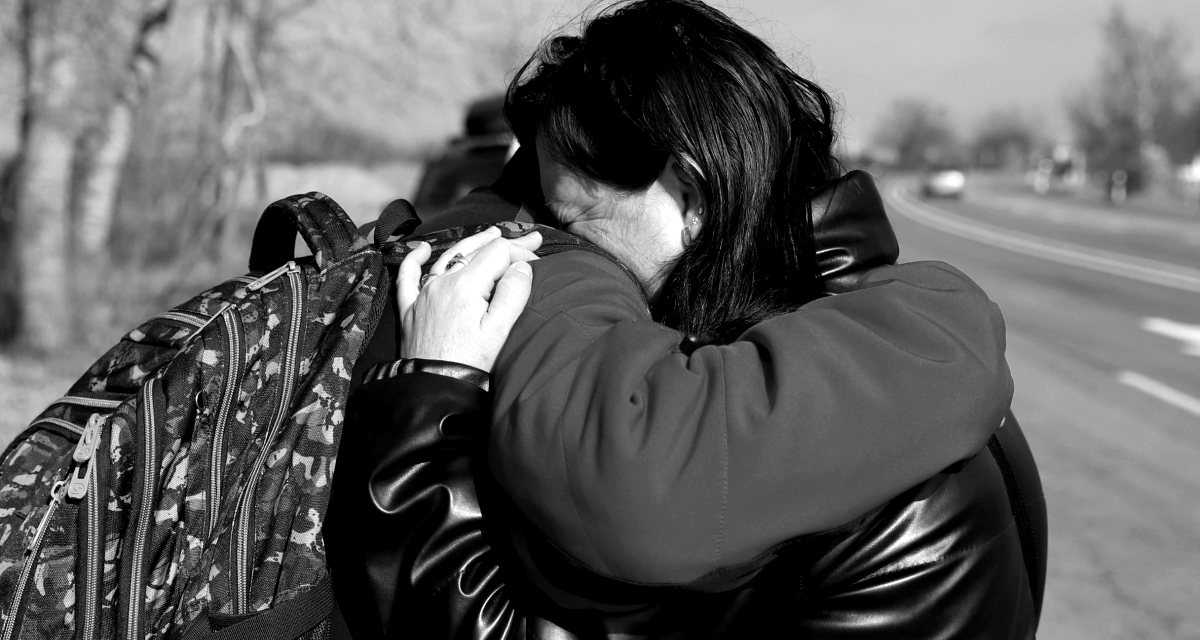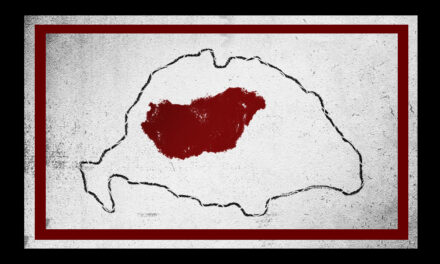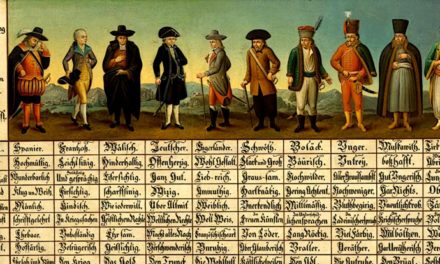"We persevere because we have to persevere and we hope because we have to believe that one day it will end, one day there will be peace. I wish with all my heart that this peace comes as soon as possible."
The Ukrainian-Russian conflict caused a deep wound not only in the economic and political situation of Europe. As a native of the motherland, it is difficult to even imagine what a fellow countryman from Transcarpathia, who had to leave his homeland due to the forced situation, must go through. It's hard to imagine how it feels when you haven't been able to visit your family and those who stayed at home for more than a year, because you can't enter the country, otherwise you'll be in danger due to conscription. This situation can drive a person into a terrible mental crisis, which requires enormous endurance, faith and hope to survive.
Our newspaper asked a Transcarpathian university student studying in Budapest about his experiences and thoughts:
Unfortunately, it has been more than a year since the Russian-Ukrainian war broke out, and it is perhaps even more unfortunate that the mood does not seem to have calmed down. In this one year, one could learn a lot about perseverance, the will to survive, and the desire for peace. In addition to all of this, however, perhaps the most we have learned is that the life we live on a daily basis can change from one day to the next, in the blink of an eye.
In terms of being Hungarian, this is even more true if you are a Transcarpathian.
Thanks to Providence, there are no military actions taking place in Transcarpathia, and life is more peaceful than further east. However, the life of Transcarpathian young people who emigrated from their home country to study or possibly work is not easy in the current situation. Based on my own experiences, I can outline for the dear reader what the life of a young Hungarian who moved from Transcarpathia to pursue university studies looked like. The mid-year school breaks, the summer vacation, and the holidays were usually evidence from the point of view that we always spent them at home. In the case of most of us, it was also noticeable that everyone tried to go home once a month, at least for a weekend, to visit their parents, grandparents, relatives, and friends.
Unfortunately, however, this routine had already changed before the war. The coronavirus epidemic was the first world event that separated many people from their families.
The difficult border crossing was a deterrent for many, and this greatly reduced the number of trips home. Even then, we had to learn the lesson of perseverance, which was not easy, but we knew it would end one day.
In 2022, the world seemed to have recovered from the coronavirus, the situation had consolidated, we were happy again, we could go home freely again. Those who knew, immediately took advantage of the normalizing situation, in fact, we felt that everything was back to the way it was before. However, the joy did not last long, because the war broke out.
Many people fled home who were afraid of being drafted, and many people who only came home to visit stayed here.This is a great trial for everyone, but especially for young men. The period we experienced during covid, which we thought would never return, has come again.
Families were torn apart again, holidays spent far from each other returned.
Of course, mothers' visits make the situation somewhat easier, but nothing can replace the absence of fathers who have not been seen for a long time and stayed at home.
The biggest lesson of the past period is that Trianon's legacy is not history, but an open wound that lives with us, which has been tearing Hungarian families apart for more than 100 years.What we can do and do is to persevere. We persevere because we have to persevere, and we hope because we have to believe that one day it will end, one day there will be peace. I wish with all my heart that this peace comes as soon as possible.
Mark Béres
Featured image: Reuters / Bernadett Szabo













